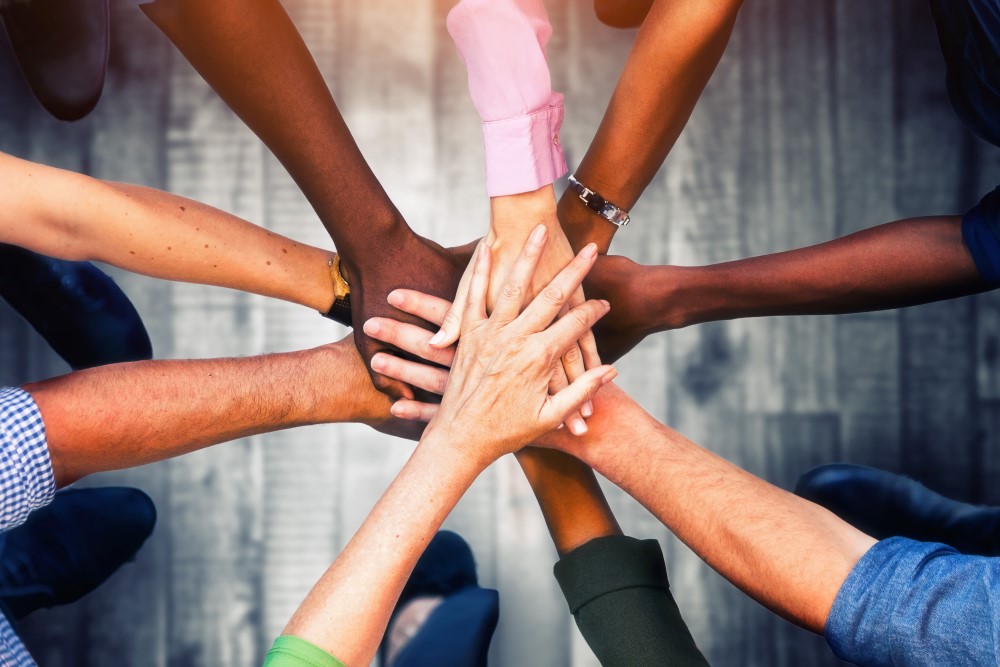 The Value of Teamwork
The Value of Teamwork
Some things are best done alone. How do you feel about gardening, singing, cooking, building something? Depending on your temperament, you might rather do these things alone or with someone else. While some people are energized working on their own, others draw energy from being with people. (For more on this, see the Meyers=Briggs personality test as covered in the book, Please Understand Me.)
That said, many activities benefit from teamwork. Aside from the practical considerations of the benefits of a team to build a house, conduct major surgery, teach high school students, and so on, there is the sheer joy of working in a skilled and well coordinated group.
Have you ever sung in a group or played in a band or orchestra? Have you joined a club to pursue a common interest? Have you worked with a group to pursue a common purpose? Though there can be frustrations in group efforts, there are potential great rewards. What are the pitfalls in working with a group? What makes it great when it is, and how do we maximize the positive?
A popular tool for groups, the DISC Assessment, divides people into four types, looking at the strengths and weaknesses of each type, to facilitate understanding between group members. Beyond that, a survival exercise where the group is divided into randomly chosen small groups and given the task of working out how they will survive an airplane crash in Arctic Circle demonstrates something vital about teamwork. First, each individual takes a questionnaire on what they think will be their best course of action for survival in that situation. Then each group takes on the same questionnaire, working as a team. Each has the same scenario, the same theoretical physical resources, and is asked the same set of questions, such as, “Will you stay where you are and hope for rescue, or try to walk to safety?” The exercise profoundly shows that people working in teams, pooling their knowledge and sharing insights have a greatly increased chance of survival.
Beyond the potential fun and exhilaration of working together, people actually do survive much better with teamwork than trying to “go it alone”. Why then, does teamwork not always get its due? One of the joys in living, especially when it comes to effective and rewording teamwork, teamwork has so much to offer us.
The short answer to what gets in the way of teamwork (and of course there are multiple factors), is that individual human dysfunction leads to dysfunction in groups. By reducing emotional charge, resolving past traumas, confusions and upsets, and assisting individuals to regain their own native abilities to perceive and to interact, we achieve not only better-functioning and happier individuals but also better-functioning and happier groups.
To benefit from Applied Metapsychology, see:
For information on receiving training:
More about eNotes:
- Read more eNotes
 Subscribe to explore how you can change your life for the better. It’s free!
Subscribe to explore how you can change your life for the better. It’s free!
(You will get one message every two months)